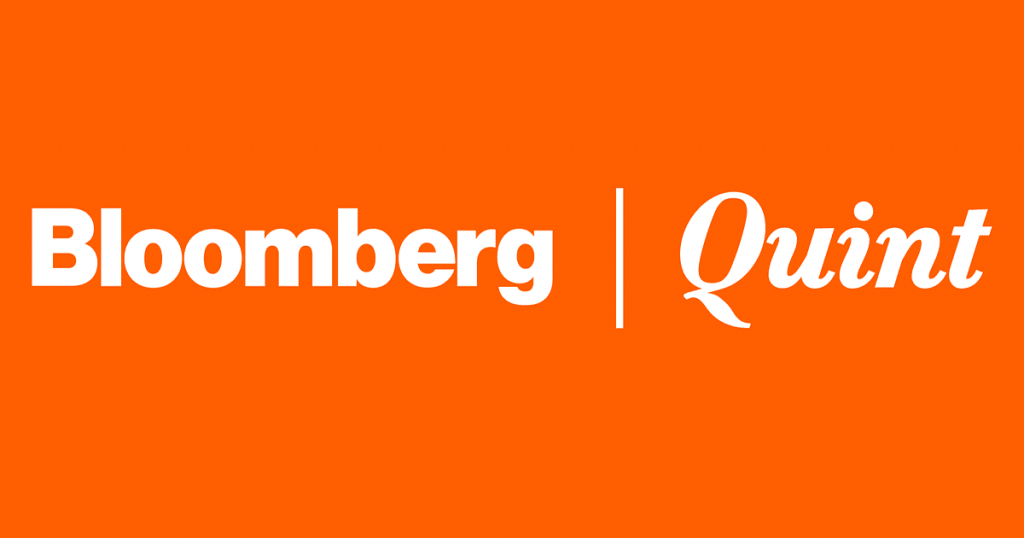(Bloomberg Opinion) — A few years ago, forward-thinking employees at Bacardi Ltd. realized they had a problem. Consumers were increasingly fed up with petroleum-based plastics, which contribute to ocean pollution and climate change. Yet that’s exactly what the company was using in the 80 million bottles of spirits it sold each year. Would it be possible, they wondered, to produce bottles with something less harmful to the environment — and to their own brand?
Now they have an answer. In 2023, Bacardi will start using bottles made with a remarkable new bioplastic called Nodax PHA. Unlike traditional bottles, the new ones will biodegrade in compost piles, special landfills and even the ocean. It’s an impressive feat of innovation. Unfortunately, it isn’t quite the “silver bullet” the company claims. In fact, the new project shows just how hard it’s going to be to solve the world’s plastic crisis.
Bacardi started thinking seriously about the issue in the mid-2010s, as global public opinion began to fixate on the problem of ocean plastics. Bottles of the type that hold Bacardi’s booze can actually be recycled at a very high rate — in Norway roughly 97% of them are. The problem is that very few places are able to achieve Nordic-level rates of plastic-bottle recycling. In the U.S., rates hover around 27%, meaning that the vast majority of such refuse ends up in landfills.
As a solution, Bacardi teamed up with Danimer Scientific, developer of Nodax PHA, to create a new kind of container that could (in theory) dispose of itself. The result was what Bacardi calls “the world’s most eco-friendly spirits bottle.” A discarded bottle made of petroleum-based plastic might take 400 years to biodegrade. One made with Nodax PHA will decompose in a mere 18 months — so long as it’s in an environment where there’s microbial activity, such as a composting bin, a landfill with energy recovery, or a body of water.
And that’s where this seemingly elegant solution runs into trouble. As of 2017, only about 5 million U.S. households had access to curbside composting, for reasons that include the high cost of building the required facilities and the reluctance of many Americans to compost at all. Bridget Croke, managing director of Closed Loop Partners, an investment firm focused on sustainable projects, estimates that a nationwide composting system could be available in “five to 10 years, if everything breaks right.” Unfortunately, everything breaking right includes a (highly unlikely) nationwide ban on food waste in landfills.
If they aren’t composted, many of those biodegradable bottles will end up in recycling bins. That’s also a problem. Various types of plastic react differently during the recycling process (for example, they may melt at different temperatures). If two different types — say, Nodax PHA and traditional petrochemical-based bottles — are mixed together, the output will be a mishmash of limited economic and engineering value. That could result in a net decline in the plastic-bottle recycling rate.
A better option might be the trash bin, but few Americans have access to landfills equipped to ensure that bioplastics degrade. The remaining option is disposing the bottles into the environment — say, in the ocean. That’s not much of an option at all, even if the bottles will eventually disintegrate. “I don’t think we want to start ‘designing for litter,’ ” Croke told me.
Bacardi is aware that it can’t fix the plastics crisis on its own. It wants to offer its new bottle to competitors in an open-source format, in the hope that it becomes a widely adopted standard. It also plans to educate consumers about proper disposal methods. Both steps should help. Ultimately, though, if there isn’t appropriate infrastructure to manage those new bottles, they could just become a new waste stream.
That fact should spur some fresh thinking about how to address plastic pollution in the first place. If brands like Bacardi want to reduce such waste, they should help build out the facilities needed to manage it. Last month, Closed Loop Partners announced a $2.6 million loan to the city of Broken Arrow, Oklahoma, to acquire recycling-collection vehicles and other gear that will help keep valuable plastics out of landfills. It’s part of a broader collaboration with nonprofits, trade groups and local governments meant to boost community recycling programs.
Such partnerships won’t produce many headlines or flashy results. But they’re the best way to lay the groundwork for a future that produces much less plastic waste. For Bacardi and other plastic-bottle producers, that would be an outcome worth toasting.
Continue Reading. Read more on Business News by BloombergQuint.
